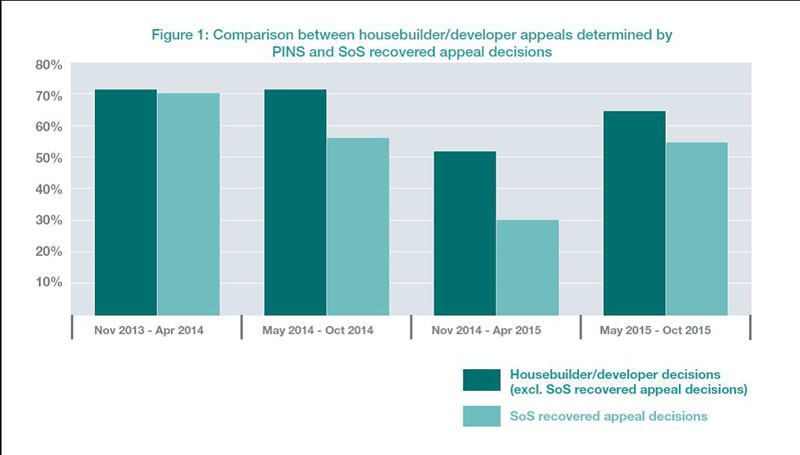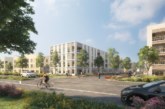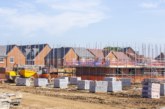
Nick Graham from Turley offers an analysis of residential appeal success rates.
The housing crisis is one of the major political issues of our age. The need for new housing development and how it affects existing communities was heavily debated in the run up to the 2015 General Election in May. With the election now six months behind us, we have explored the impact of that debate on planning appeal decisions.
Appeal success rates
Turley reviewed appeal decisions for some of England’s biggest housebuilders and developers over the last 18 months. In the run up to the General Election, success rates – the percentage of appeals allowed – showed a clear and rapid decline, from an average of around 75 per cent in the last three months of 2014 to around 25 per cent in early 2015. However, over the six months after the General Election – from May to October – success rates have rebounded, to an average of approximately 67 per cent.
To explore this trend further, Turley examined all housing appeal decisions recovered for determination directly by the Secretary of State (SoS). For these decisions, the decline in success rates was much more pronounced.
Between May and October 2014 the SoS allowed 57 per cent of recovered appeals, but in the following six months – during the run up to the General Election – success rates dropped by almost half, to just 30 per cent. Conversely, success rates have almost doubled since the election, recovering to an average of 55 per cent– almost equivalent with the pre-election average.
The analysis reveals a few important trends
- Neighbourhood Planning: in the 12 months before the General Election, the conflict with (or potential to undermine) an adopted or emerging Neighbourhood Plan was cited as a refusal reason in numerous decisions. However, following recent legal judgements in May, it has only been mentioned once as a reason for dismissing a recovered appeal.
- Impact on landscape or settlement character: these issues have been given increased weight over the last 12 months and continue to feature prominently as refusal reasons.
- Local Plan conflict/prematurity: prematurity has been cited less regularly over the last six months. However, conflict with an adopted Local Plan – particularly with an established settlement strategy – is being mentioned more frequently.
Short term optimism
A significant decline in appeal success rates was experienced in the run up to the 2015 General Election. Whilst there was no formal change in the Government’s policy stance, it appears that an informal and unwritten shift in policy was implemented, most likely due to the Government’s reluctance to make decisions which would be locally controversial.
With the election now behind us, this situation appears to be returning to the status quo. Success rates at appeal – particularly for recovered appeals determined directly by the SoS – have rebounded. Turley considers that there is now cause for renewed optimism, at least in the short term, and improved prospects of success for sustainable housing development proposals.








